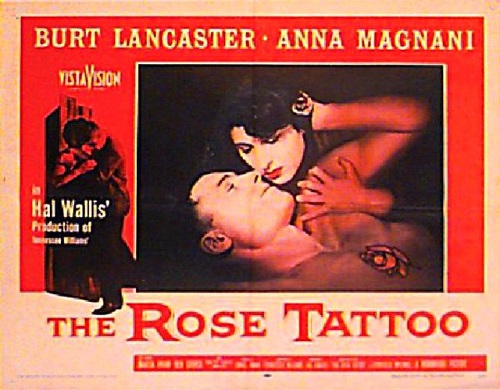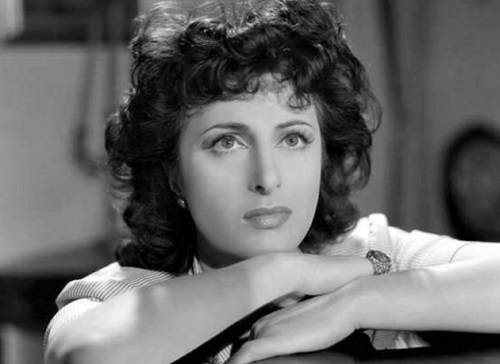Anna Magnani in a class of her own
TORONTO – “Anna Magnani was always a reflection of her people, where she came from. And so we’re missing a figure like Magnani: so strong, so authentic, so true and so professional” – Actress Monica Guerritore. Anna Magnani, the now iconic Italian actress, was a matured woman [by Hollywood standards] by the time she had finally broken out with Rossellini’s Rome: Open City (1945). Impressively, ten years and almost twenty movies later she would eventually win an Oscar playing Serafina Delle Rose in the adaptation of Tennessee Williams’ play The Rose Tattoo. But a new biopic, just announced, will focus on the autumn of Magnani’s career, leaning into her role as a mother on and off screen.
The Milan and Rome-based Company Indiana Pictures has teamed up with David Di Donatello winning Director Alessio Cremonini (On My Skin) who will direct and co-write the screenplay with Magnani’s granddaughter and actress Olivia Magnani. With the full support of her father, Olivia will undoubtedly bring familial insight and sumptuous details to the project, but the promise of an authorized biopic should be met with cautious optimism – as the tendency to politicize a family member’s legacy is all too often tempting.
Indiana Production proclaims that the film will be, “A journey through time without nostalgia, exploring what it means to be a modern actress and artist: an anti-diva, autonomous, irreverent”. An “anti-nostalgia” film about an actress whose gravitas, charisma and thoughtfulness is so deeply fossilized it feels all but extinct in today’s film industry. Through the process of deduction, if in the 21st century the so-called modern Actress [or society] fails to mirror Magnani’s anti-diva and autonomous characteristics, one of the two is not “modern”.
Director Alessio Cremonini doubles down on the coded language typically used by today’s Hollywood woke brigade: “Anna Magnani was not just an actress but a force of nature who rewrote the rules of cinema and female representation on the big screen. With this film, we want to portray her free and thoroughly modern soul,” said Cremonini. The concern is not with the sentiment but with the chronological misplacing of Magnani’s contribution to the art form and what she represented. Today’s actors unfortunately have nothing in common with the iconic Italian Actress.
Today’s actresses [and actors] bully audiences into watching their politically driven films, stopping at nothing to get what they want at the expense of viewers, financiers and the industry at large. Oscar winner Viola Davis chastised movie watchers before the release of her film The Woman King (2022), “If you don’t come see it then you’re sending a message that Black Women cannot lead to Box Office globally. You are supporting that narrative”.
Filmmaker and Actress Elizabeth Banks, at the Women in Films Awards in 2019 jabbed at male audiences: “I’ve been asked to go see movies starring men my entire life and have happily done so and I don’t know why men don’t return the f****ng favour”. The up and coming Rachel Zegler, set to play Snow White in the upcoming live action remake had this to say of the 1937 animated classic: “The original cartoon came out in 1937 and very evidently so. There’s a big focus on her love story with a guy who evidently stalks her. Weird.”
Today’s actors tend to default to entitlement and privilege. Something they often claim they are fighting against. Interestingly, Magnani [in 1964] was asked in an interview what annoys her most about people. Her reply: Hypocrisy.
To Indiana Pictures I say, depict your classy subject as she was – nothing like the modern actress.
Massimo Volpe is a filmmaker and freelance writer from Toronto: he writes reviews of Italian films/content on Netflix





